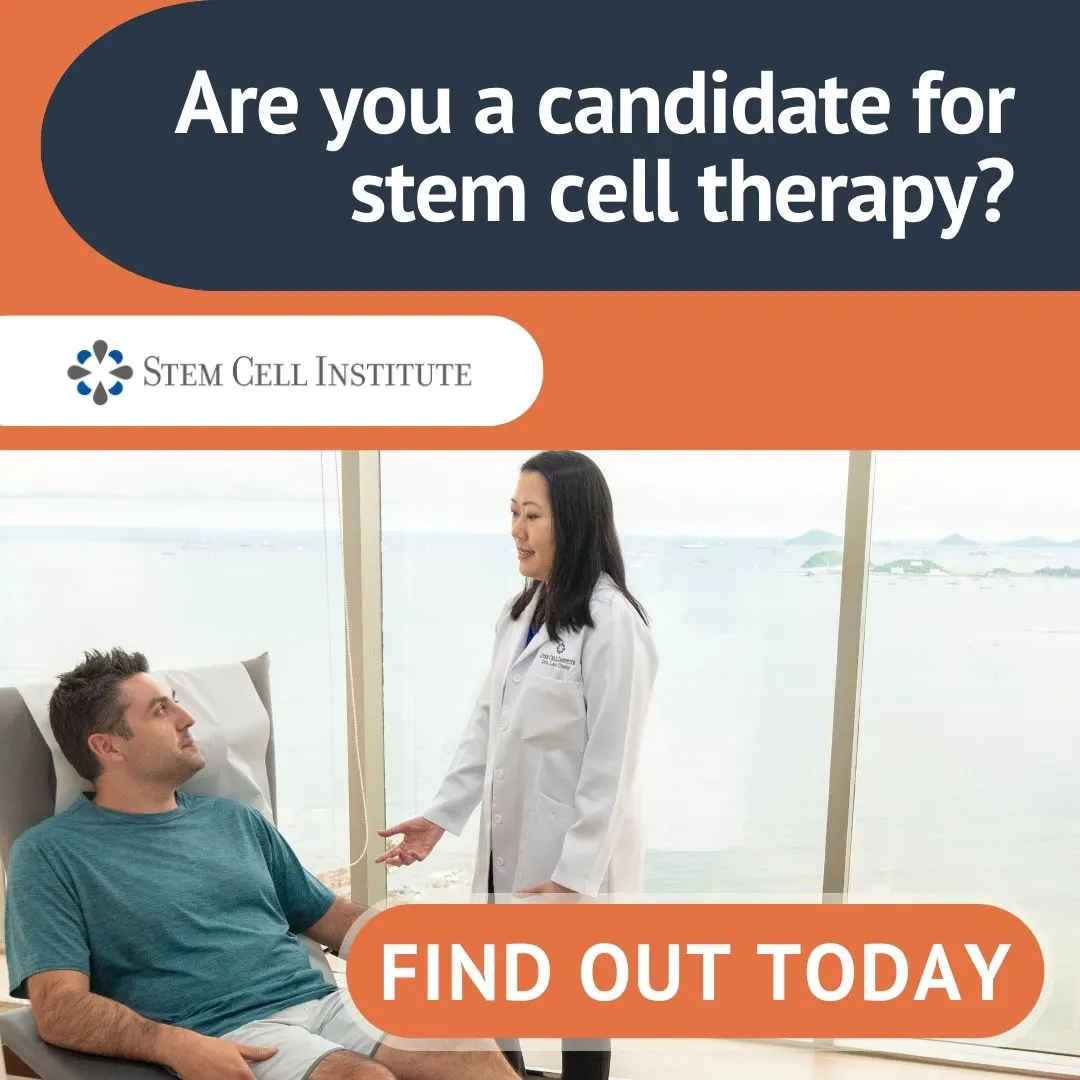To investigate if blood flow can be restored to the heart by promoting new blood vessels to grow, University of Florida researchers are planning to test a therapy in which stem cells are injected into the hearts of people with daily chest pain and severe coronary artery disease.
Procedures such as bypass surgery or angioplasty were ineffective on these particular patients. Traditional medications also failed to restore blood flow to the hearts of these individuals.
“The general idea is that by providing these cells of blood vessel origin, we hope to either generate new blood vessels from the growth of these implanted cells or stimulate the heart to regenerate new blood vessels from the cells that reside in it,” Carl J. Pepine, lead author of the study, M.D., chief of cardiovascular medicine at UF’s College of Medicine said.
“It’s not completely clear whether it’s the actual cell itself that would do this or whether it’s just the milieu and the chemical signals that occur from the cells that would result in this,” he said.
The forthcoming double blind, placebo-controlled study is known as the Autologous Cellular Therapy CD34-Chronic Myocardial Ischemia Trial, or ACT34-CMI.
Chronic reductions in blood flow to the heart will be investigated. Particularly, the effectiveness and safety of using a patient’s own stem cells to treat this condition will be the focus of the study. 15 patients are enrolled to determine if the treatment will improve symptoms and long-term outcomes.
Exercise tolerance, improvements in quality of life, and whether or not the heart function improves will all be part of the evaluation.
The study involves a number of screening tests, followed by stem cells extraction. In order for stem cell collection to occur, a series of protein injections are administered to the patients that promote the stem cells release from be bone marrow, and into the peripheral blood.
During a procedure called apheresis, the stem cells which are called CD34+ stem cells, are harvested from the patient. Theses cells help stimulate blood vessel growth said Chris Cogle, an assistant professor of medicine at the UF’s College of Medicine Program in Stem Cell Biology and Regenerative Medicine.
A placebo, or one of two different dosing levels of stem cells will be randomly administered to each respective patient.
“Physicians will use a catheter-based electrical mapping system to find muscle they think is still viable but not functioning,” said R. David Anderson, an associate professor of medicine at UF and director of interventional cardiology.
Over the course of a year following the procedure, patients will be periodically evaluated by magnetic resonance imaging and echocardiography.
One trial focuses on patients with congestive heart failure or chronic chest pain that has not responded to traditional treatment, the second trial focuses on patients who have had a heart attack within a week preceding study enrollment, and the third focuses on patients whose heart attack occurred within the preceding two to three weeks.

